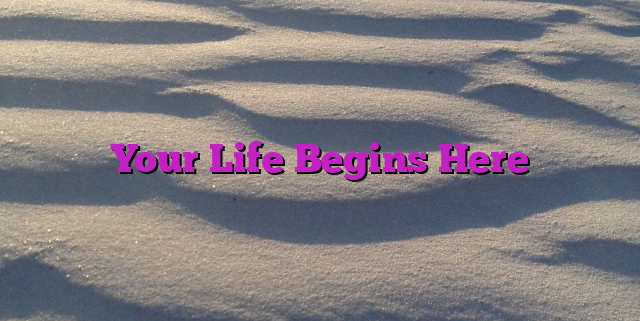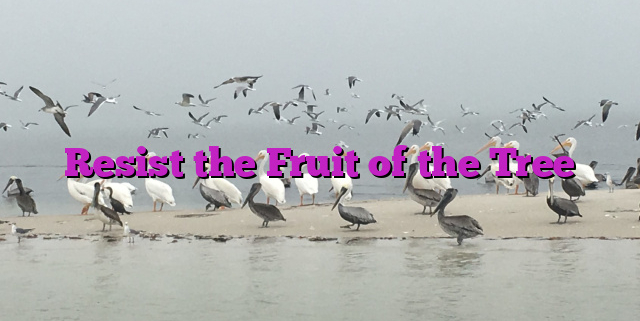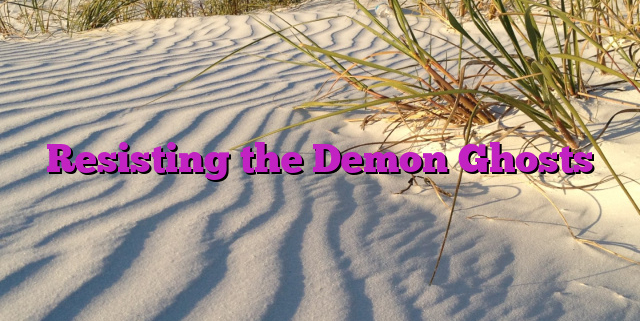Your Life Begins Here
Back when I was a teenager, there was an advertisement in a surfing magazine that featured a picture of a giant wave spanning two pages. The image was cropped in close, and all you could see was a huge wall of water coming at you. The caption across the bottom was simple:
“Your Life Begins Here.”
This is somewhat true for those of us who enjoy surfing. The feeling of gliding across the face of a crumbling wave is truly awesome. It really does give one a renewed sense of life! However, this advertisement is even truer in a deeper sense for those of us who are Christians. Could there possibly be more powerful biblical imagery in a secular magazine?
Through the waters of the Red Sea, Almighty God delivered us from slavery in Egypt. Through the waters of the Jordan, God’s people were given a promised land. Through the waters of Baptism, we are marked as God’s children and claimed as God’s very own. And through Jesus Christ, we are offered living water—water that leads to eternal life.
Drink deep. Your life begins here!
Let us pray using Psalm 63:
O God, you are my God. I seek you; my soul thirsts for you,
as in a dry and weary land where there is no water…
Because your steadfast love is better than life, my lips will praise you.
So I will bless you as long as I live. Amen.













